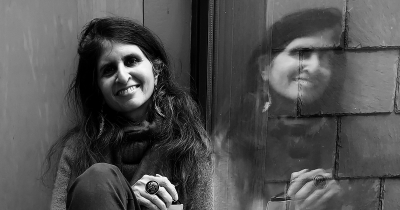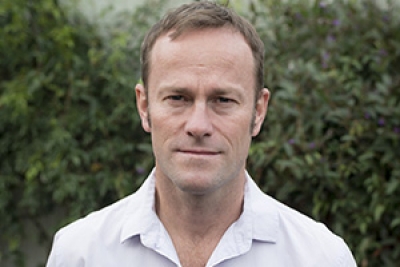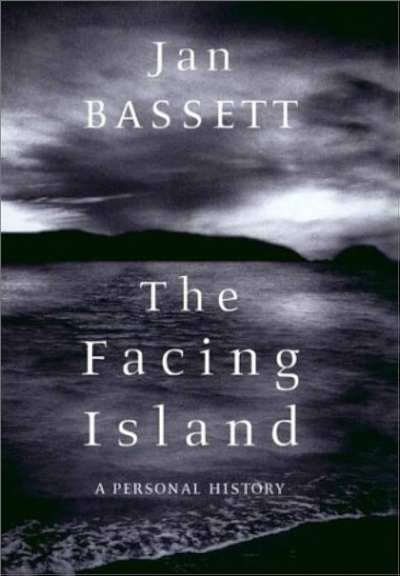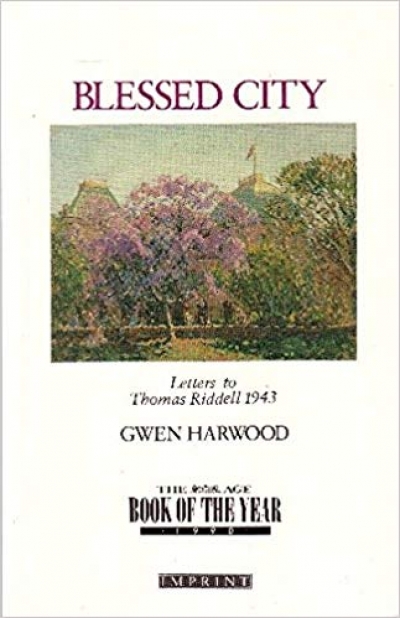Accessibility Tools
- Content scaling 100%
- Font size 100%
- Line height 100%
- Letter spacing 100%
Current Issue
Short story
Our Own Fantastic
My father died twenty-eight years ago this December. Each anniversary, I watch a movie that we enjoyed together, or would have. This year, a week before the day, I learn that the hotel his company owned has permanently closed. I’m given this news through an article titled ‘New York City’s historic hotels are owned – and destroyed – by Asians.’
Commentary
Neighbour against neighbour: The cycle of conflict in Israel, Gaza, and Palestine
The Middle-East conflict is perhaps the most intractable in the world. Israelis and Palestinians have been fighting for nearly a century over the land between the Jordan River and the Mediterranean. The world has witnessed a never-ending cycle of tension and conflict, including a number of full-scale wars, with immense suffering on both sides.
The ABR Podcast
PODCAST
The ABR Podcast
The ABR Podcast is released every Thursday and features reviews, poetry, fiction, interviews, and commentary. Subscribe via iTunes, Google, or Spotify, or your favourite podcast app.
Interview
Future Tense with Michelle Michau-Crawford
Interview
Publisher of the Month with Nathan Hollier
Interview
Open Page with Hazel Rowley
From the Archive
The Facing Island: A Personal History by Jan Bassett
The facing island in Jan Bassett’s memoir is Phillip Island, where her maternal grandparents had a dairy farm and where it seems she was most emotionally at home. Summer holidays there as a child in the 1960s, in the midst of her grandmother’s extended family and surrounded by familiar tokens of past decades reaching as far back as the early 1900s, undoubtedly sparked her lifelong commitment to Australian history. The title, taken from Peter Rose’s poem ‘Balnarring Beach’ (‘The facing island, a mortal blue, / beckons, intensifies, vanishes’), could hardly be more appropriate, compressing in a few words much of the emotional intensity of Bassett’s autobiographical last journey.
From the Archive
Blessed City by Gwen Harwood
Gwen Foster met Lieutenant Thomas Riddell in Brisbane in 1942, when she was twentytwo. ‘Tony’ Riddell, stationed in Brisbane, was sent to Darwin early in 1943; and between January and September of that year, Gwen Foster wrote him the eighty-nine letters that make up this book. It’s the chronicle of a year, of a city, of a family, of a friendship, of a war no one could see an end to, and of that stage in the life of a gifted young woman at which she says, ‘At present I am unsettled and do not know which way my life will turn.’
From the Archive
Nowhere Man: Stories, 1984-1992 by John Irving
These stories are well written and rather depressing. That makes them, I guess, rather representative of what one might call the current state of short-story writing by urban males. One thinks immediately of recent collections by Garry Disher and Nick Earls. There seem to be a few basic starting off points, the most notable being in the delineation of defensiveness and insecurities that give the male characters, who are often the narrators, a sensitive but decidedly uptight response to, well, almost everything. Women, parents, children (their own), and particularly the drab world that has snuffed out some early spark of liveliness or vitality (which is usually rubbed for sympathetic magic in moments of nostalgic recall).



























